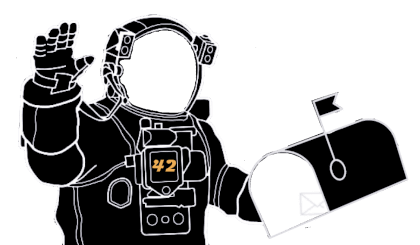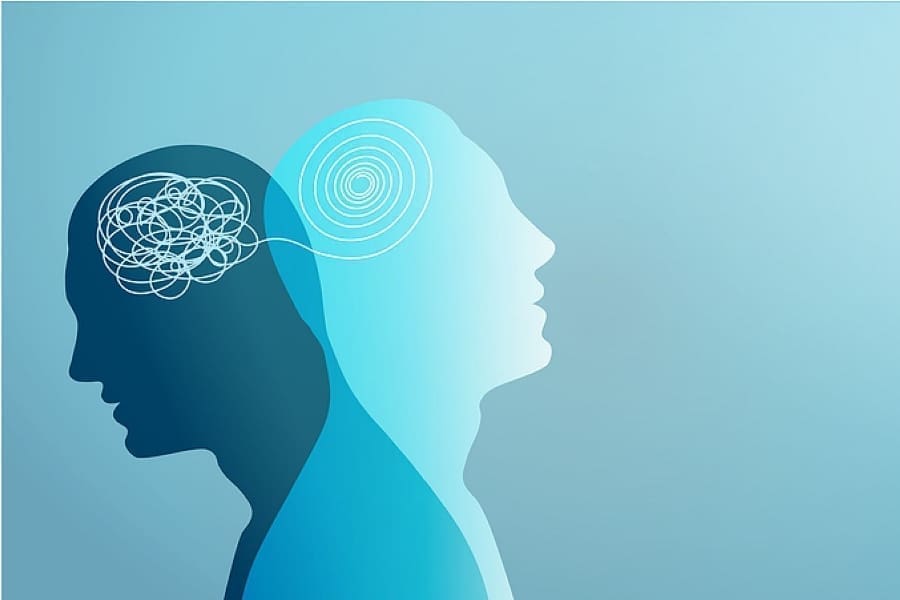The Complex Dance: Navigating the Intersection of the Ego and the Mind
The human mind is a vast and intricate landscape, often described as the epicenter of our thoughts, emotions, and consciousness. Within this complex realm, a fascinating and sometimes tumultuous relationship exists—the interplay between the ego and the mind. In this blog post, we’ll embark on a journey to understand this intersection, exploring the roles of the ego and the mind, how they interact, and the profound implications this interplay has on our daily lives.
Defining the Ego and the Mind:
- The Ego – Our Sense of Self: At its core, the ego is our sense of self-identity. It’s the part of our consciousness that defines us as separate individuals. It’s the ego that shapes our beliefs, desires, and ambitions. It often craves validation and strives to protect our self-image.
- The Mind – The Cognitive Universe: The mind is the broader cognitive space encompassing our thoughts, feelings, perceptions, and memories. It’s the canvas upon which the ego projects its identity. Within the mind, we process information, make decisions, and experience the rich tapestry of human existence.
The Intersection:
The ego and the mind are not distinct entities but rather interconnected aspects of our consciousness. Their intersection is where our perception of self and our experience of the world converge. Here’s how they interact:
- Ego Filters Reality: The ego often acts as a filter, influencing how we interpret the world around us. It can create biases, reinforcing our preconceived notions and selective attention. This filter can distort our perception of reality.
- Ego’s Influence on Thought: The ego strongly influences our thoughts. It can lead to self-criticism, self-doubt, or even arrogance. Our mental chatter, driven by the ego, can sway between self-aggrandizement and self-deprecation.
- Mind’s Role in Self-Reflection: On the other hand, the mind is where self-reflection occurs. It’s where we question, learn, and adapt. Through mindfulness and introspection, we can gain insight into the ego’s influence and choose how to respond to it.
Implications for Our Lives:
Understanding the interplay between the ego and the mind is crucial for personal growth and well-being:
- Self-Awareness: Recognizing the ego’s role in our thoughts and actions allows us to cultivate self-awareness. This awareness is the first step in breaking free from its unconscious influence.
- Emotional Regulation: Mindfulness practices can help us manage the ego’s emotional responses. By observing our thoughts without judgment, we gain control over knee-jerk reactions driven by the ego.
- Authenticity: By distinguishing between the ego’s desires and our true values, we can live more authentically. This alignment with our core values fosters a sense of purpose and contentment.
- Interpersonal Relationships: Awareness of the ego can improve relationships. It allows us to empathize with others’ perspectives, reducing conflicts driven by ego-driven misunderstandings.
The intersection of the ego and the mind is a dynamic and intricate space within our consciousness. It’s where our sense of self meets our perception of the world. By understanding this interplay and cultivating mindfulness, we can navigate this complex terrain with greater clarity, authenticity, and emotional intelligence, ultimately leading to a more fulfilling and harmonious life.

